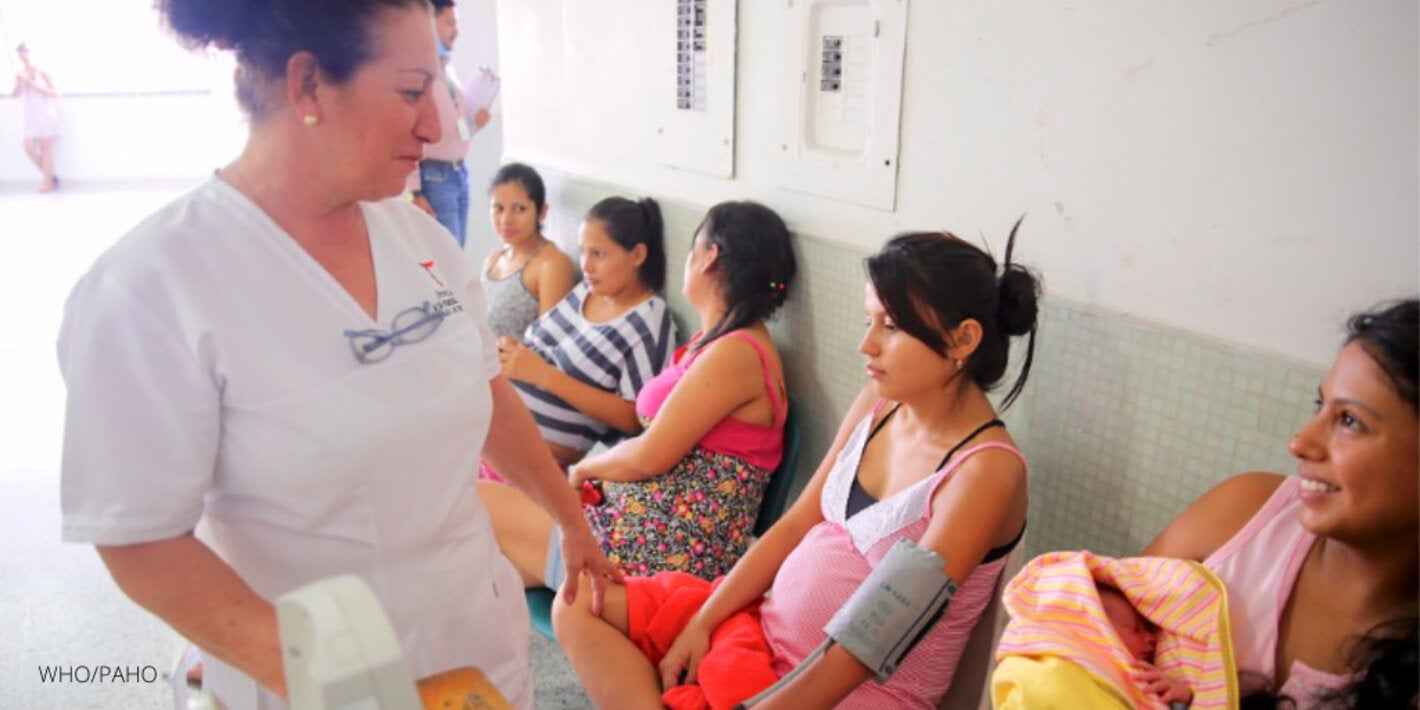
Washington, DC, April 14, 2016 (PAHO/WHO) - The Pan American Health Organization/World Health Organization (PAHO/WHO) has launched a new Zika Research Projects List, a database that lists and categorizes all scientific studies on Zika virus worldwide.
PAHO has systematically identified and collected basic information on all investigations related to Zika, both those already published and those on track to be published. The database includes the title, authors, and a direct link to the article.
Each study has been categorized in the areas of virus, vectors and reservoirs; epidemiology; disease pathogenesis and consequences of Zika infection; clinical management; public health interventions; health systems and services response; research and product development; and causality. You can also search by publication type: published articles, protocol and publication of preliminary results.
The search mechanism was created after a group of experts from around the world met in March to discuss a regional agenda to prioritize and coordinate research on Zika. At that meeting, researchers concluded that efforts must be increased to explore unknown factors about microcephaly and other congenital malformations that may be linked to infection by the Zika virus. Experts analyzed and mapped the gaps in scientific knowledge about the virus, how it affects people, its implications for public health in the Americas, and the Aedes aegypti mosquito, the vector that transmits the disease.
To date, Zika virus is circulating in 34 countries and territories in the Americas. It is transmitted by the bite of an Aedes mosquito, and now has been found to be sexually transmitted. Zika has been associated with congenital malformations such as microcephaly, and neurological complications such as Guillain Barré syndrome.
This research projects list is an additional tool to coordinate and keep adding knowledge about Zika virus as it appears.
The global prevention and control strategy on Zika virus incorporates surveillance, response activities and research. There is an urgent need for developing relevant research to better characterize to the Zika virus outbreak and respond to the public health emergency.



